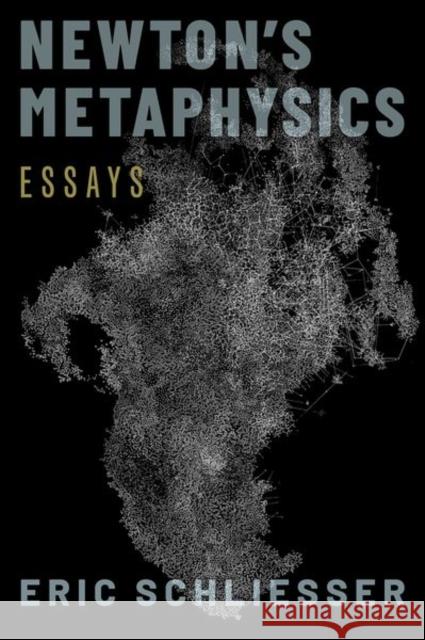Newton's Metaphysics: Essays » książka
topmenu
Newton's Metaphysics: Essays
ISBN-13: 9780197567692 / Angielski / Twarda / 2021 / 328 str.
Kategorie BISAC:
Wydawca:
Oxford University Press, USA
Język:
Angielski
ISBN-13:
9780197567692
Rok wydania:
2021
Ilość stron:
328
Waga:
0.62 kg
Wymiary:
24.03 x 16.59 x 2.77
Oprawa:
Twarda
Wolumenów:
01
Dodatkowe informacje:
Bibliografia











